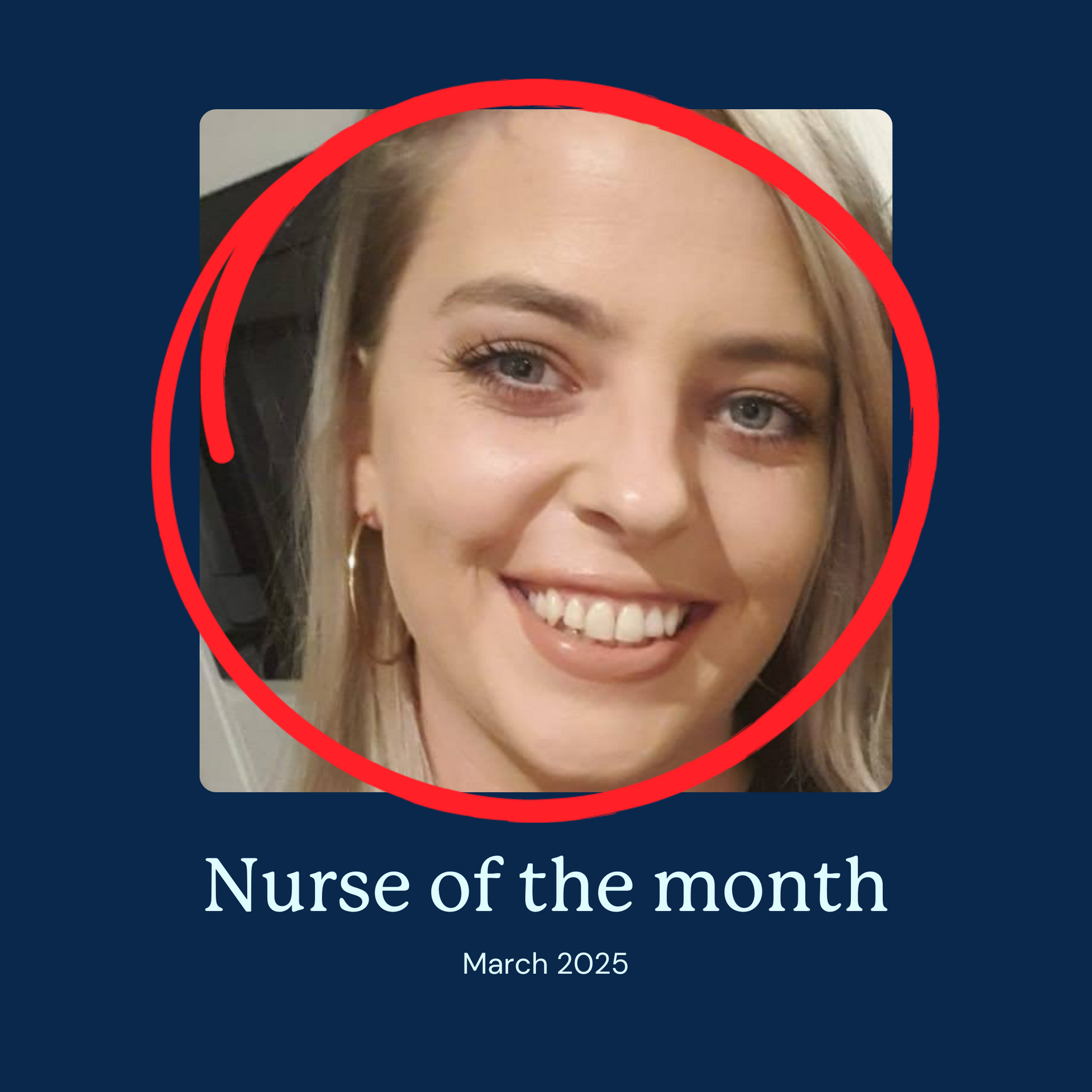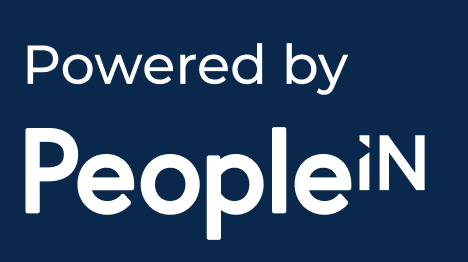
Though we at First Choice Care absolutely love agency nursing, we know a casual pool setup is also a viable and often rewarding option for nurses. So which do you choose? Working out the pathway that is right for you and your family can take time, research, and many conversations with nursing friends over microwaved Tupperware meals. So to make it easier, we’ve done the leg work by exploring the pros and cons of both options so you can make an informed choice. But who really says you have to choose one or the other anyhow?
Pros to Agency Nursing
Greater work- life balance and flexibility
As an agency nurse, you are in charge of dictating when and where you’d like to work. Though you can’t simply create vacancies wherever you like, you can work closely with your nursing agency and with a clever roster request process, organise a working life that suits you and your family's needs.
If you don’t want to work the night shift - you don’t have to. If you want to work all morning shifts without feeling the pressure from your colleagues to pull your weight on the PM shift - you can. It should be noted though that the choosier you are with the roster, the more limited your chance of obtaining work.
Greater networking opportunities
When working in a range of different facilities and hospitals you are exposed to so much more. You get to have conversations and work alongside talented people you’ve never met, in new and exciting environments. Though this is possible in a casual pool as well, agency simply gives you more reach as you can work across a range of facilities.
Financial Rewards
As an agency nurse, you can certainly save your pennies quickly as the rate per hour is rather impressive in comparison to a regular nursing wage. But why the difference you may ask? Well, there is the unpredictability of shifts which plays a part, but the other important aspect is agency nurses cannot accrue sick/personal leave. To put it blankly, if you don’t work you don’t get paid.
Cons to Agency Nursing
Lack of set shifts
Agency nursing can be unpredictable. You can be called up in a minutes notice to start a shift 30 minutes away, whilst at the same time be cancelled even on your way to a shift. There are rules and regulations about canceled shifts you’ll want to know about to ensure you are getting paid adequately should the job be cancelled last minute.
The constant need to adapt to a new environment
For some agency nurses, this is not a con at all! They thrive in new environments and meeting new faces. It’s what keeps them motivated and prevents complacency. What do you think?
Pros to Casual Pool Nursing
Guaranteed work
When working casual pool, you’re entitled to a roster generally 4-6 weeks in advance, outlining the shifts in which you will be working. Though you won’t generally know where you are working (i.e the ward), you will know the time and length of the shift in advance.
Feel part of the team
As casual pool staff are working within the same organisation, they can quickly develop relationships even after just a few shifts of being allocated to the same ward/unit. Knowing you are going to see a friendly face during your next shift may be just the motivational lift you need to give your best nursing care.
Staff offers and discounts
These include but are not limited to, salary packaging, the use of the on-site gymnasium, discounted car parking, use of the staff health clinic, and attending the in-service education program.
Cons to Casual Pool Nursing
Limited say in where you want to work
As casual pool staff are allocated to work where there are vacancies, there is a chance that you’ll be allocated the same ward often, and you may not like it. Though I’m sure there is an opportunity to voice your preferences, it is the nature of casual pool nursing.
You may not be working with your friends
Your shift may at times feel like you are working for an agency. You may not know the environment, if you’ve never had a shift there before, and you may not have met any of the other nurses. This can feel a bit isolating if you’re normally surrounded with nurses you know and trust.
In summary, if you want freedom within your work where you have the opportunity to meet new people and experience a range of different environments, think agency nursing. However, if you’d like to know when your next shift is, have the ability to plan holidays, and potentially work amongst friends, the casual pool workforce may be calling your name. Remember, if you can’t decide, there is nothing stopping you from doing both for a period of time that works, then adjusting down to what you prefer!
Cheers,
Emma
Registered Nurse
Co-Founder The Other Shift
Theothershift.com
More articles







